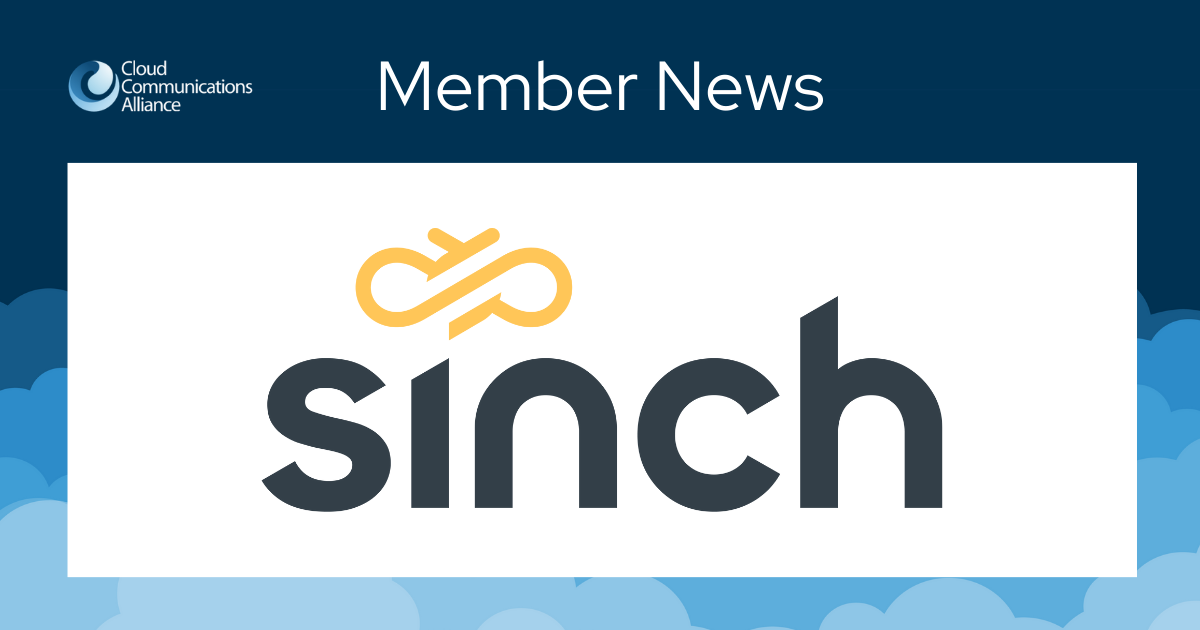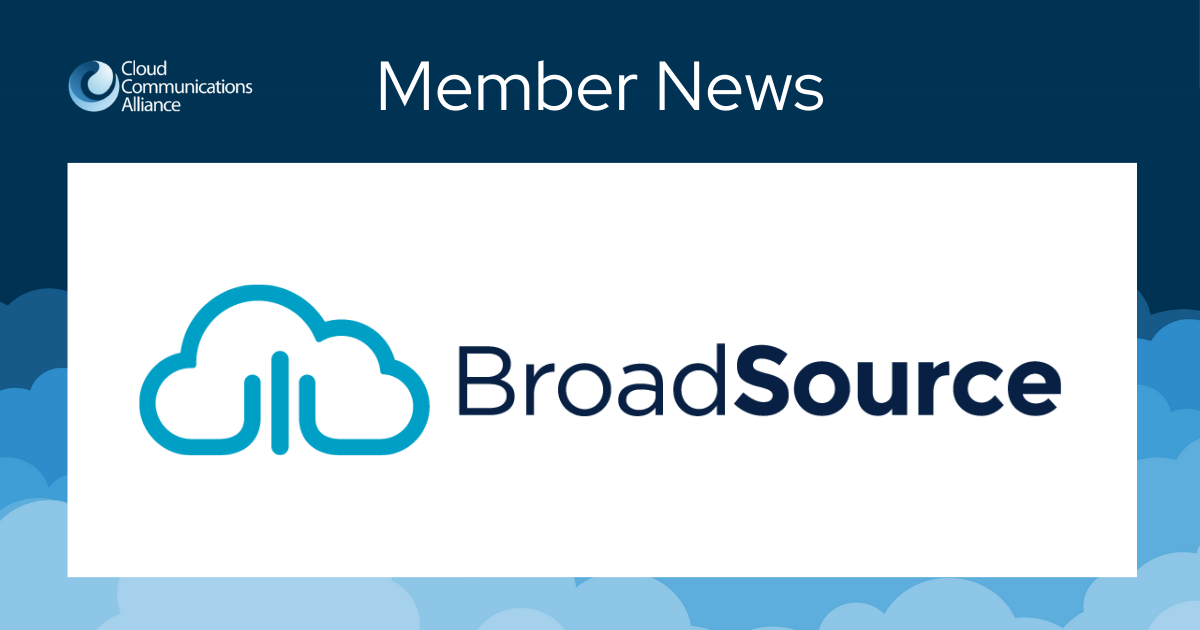INCOMPAS, NTCA, and SHLB Release ‘USForward’ Report

INCOMPAS, NTCA–The Rural Broadband Association, and the Schools, Health & Libraries Broadband (SHLB) Coalition have announced the released of “USForward,” a report by Carol Mattey of Mattey Consulting concering USFcontribution reform. Ms. Mattey is recognized as one of the country’s leading experts on USF regulation and policy. From 2010 to 2017, Mattey served as the Deputy Chief of the Wireline Competition Bureau at the Federal Communications Commission where she focused on and supervised the Commission’s ongoing initiatives to reform the Universal Service Fund (USF).
USF has been one of the nation’s most important tools for connecting families, small businesses, and communities in need, yet the current USF funding mechanism is under significant duress. The revenues subject to USF assessment have declined 63% in the last two decades, which has caused the contribution factor to increase dramatically from 6.9% in 2001 to a historic high of 33.4% in 2021, and Ms. Mattey’s report shows that without FCC intervention, the contribution factor will reach 40% within three years.
The USForward Report describes the need for USF contribution reform, analyzes the FCC’s options for doing so, and recommends that the best path forward to save USF is for the FCC to broaden the contribution base to include and assess revenues from broadband internet access services. Under this approach, the USForward Report estimates that the contribution factor would fall significantly to under 4% which would stabilize and modernize the USF to reflect today’s realities.
The USForward Report is the first of its kind report that details the current crisis and potential proposals for USF reform, lays out the relevant data, and explains why it is time for the FCC to move forward on USF reform. INCOMPAS, NTCA–The Rural Broadband Association, and SHLB have come together to support the report’s proposal because it is smart, sustainable, and equitable policy that can be implemented quickly. It is time to unite and move USF forward.
You can read the USForward Report here.
You can read the press release here.
A Reminder of How We Got Here: Two years ago, INCOMPAS joined a Contributions Reform Working Group comprised of various stakeholders including other trade associations, private companies, and public interest organizations to help brainstorm and address the critical issue of the rising contribution factor and how to best stabilize USF. INCOMPAS has sat on the steering committee for that working group and has tried to guide it in a way that makes the best sense for our members and for the broader public interest. Most of our service provider member companies participate in the USF through the High Cost Fund (CAF II, RDOF), E-Rate, and Rural Healthcare programs, and some of our tech companies participate in the E-rate program.
As customers continue to see their USF fee increase on their bills, our service provider members are having to explain why this fee has tripled in a ten-year period, which has been a hard and frustrating task, and these members also have told us that the high fees are impacting their ability to compete on a fair playing field. We’ve also recently seen some assert that Congress should fix this problem, not the FCC, and that big tech should pay for USF. As a result, ensuring a stable and fair USF program with common sense reform that can be implemented by the FCC has been important to us and our members. That is why INCOMPAS, along with NTCA–The Rural Broadband Association and SHLB, helped commission the USForward Report as part of the work to inform the Contributions Reform Working Group in its deliberations. We previously have shared Ms. Mattey’s findings with INCOMPAS members and the Contributions Reform Working Group. After numerous discussions (collectively and individually with our members and the Working Group), we have seen a consensus around the proposal to include broadband internet access revenues in the USF contribution base.
As many of you may recall, throughout this process, we have made sure to update members about the group’s progress and Mattey’s report. In the latest version, Ms. Mattey added to the report in pages 22-23 the policy reasons why the FCC should reform the USF contributions methodology by including broadband internet access service revenues.
Based on Ms. Mattey’s findings, and our collective conversations in the Working Group and with our members, INCOMPAS is joining NTCA, SHLB and Public Knowledge to support including broadband internet access in the contribution base for the following reasons:
(1) SMART: It is smart public policy. Broadband internet access service is the primary form of access to networks today. All four USF programs support broadband connectivity and these services should contribute to support connectivity for every American.
(2) STABLE: Broadband service revenues are expected to remain stable, which would stabilize the current funding mechanism into the future
(3) FAST: It can be implemented more quickly than alternative proposals because the FCC can use its existing authority to do so. Additionally, companies have been contributing based on revenues for decades so it is a known system.
(4) TRANSPARENT: Retaining the current revenues-based financing system allows for an additional level of scrutiny—the vast majority of USF contributions comes from publicly traded companies whose revenues are already audited for financial reporting purposes.
(5) EQUITABLE: As more consumers have shifted their usage to broadband services, the end-user charge has fallen on those that have not made the switch, such as older Americans. Including broadband service revenues will ensure the costs of achieving our universal service goals are equitably shared.
Next Steps: With a concrete USF reform proposal now on the table, our next steps will be to educate stakeholders on the USForward Report and build a coalition beyond these four groups to urge policymakers to support the FCC moving forward with USF reform. We will be engaging with those members of the Contributions Reform Working Group and asking those who are willing to sign onto a call of action for reform to move forward based on the USForward recommendations.
As part of our plan to educate policymakers on why the FCC should move forward with this proposal, INCOMPAS, NTCA—The Rural Broadband Association, SHLB, as well as Public Knowledge, will be participating in a webinar on Monday, September 27 at 12:30 p.m. to further unpack the research from the Mattey Report on the issues and the best path forward. We will send a link for members and the public to register for that webinar soon. We encourage you to attend.
In addition, at the INCOMPAS Trade Show, INCOMPAS’ Lindsay Stern will be moderating a panel on USF reform with representatives from member-company BT, Public Knowledge, and the USForward Report’s author Carol Mattey. This panel will take place on Monday, October 25 at 9:30 a.m.
We also will be engaging with Hill staff for support for this reform methodology; and as noted above, will be working with NTCA, SHLB, PK, and other members of the Working Group who want to join our effort in building support for FCC reform.
We hope that as our work continues we can encourage the FCC to move on this proceeding in the near future when the FCC has a full complement of Commissioners, including its new Chairperson. As always, feel free to reach out to the INCOMPAS team with any questions about the USForward report and our plans to help implement the recommended proposal.

